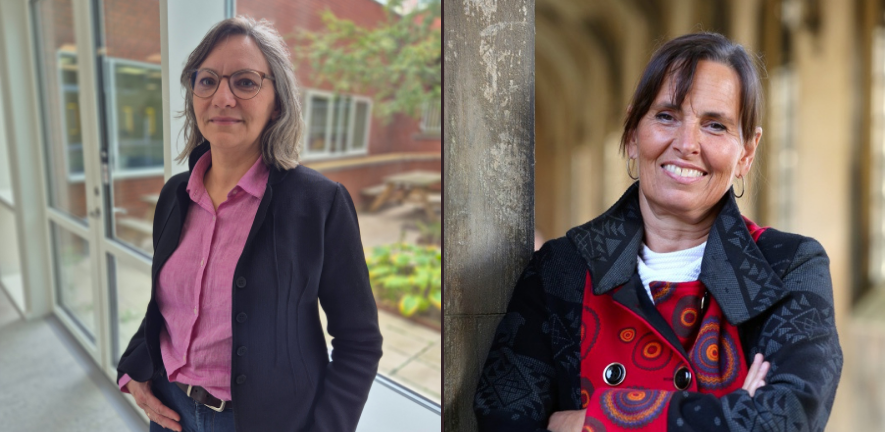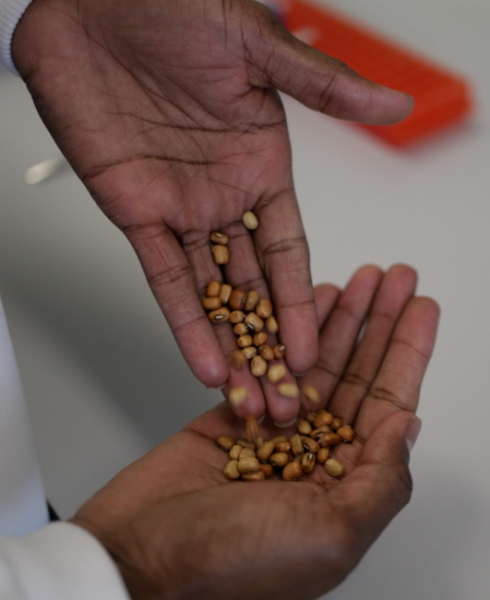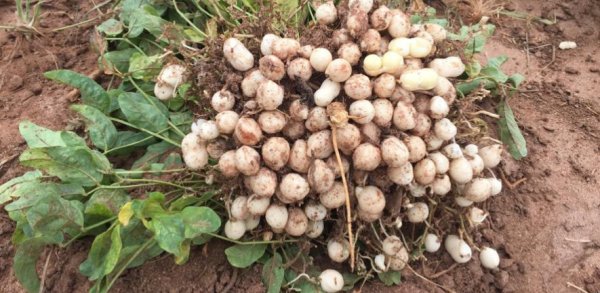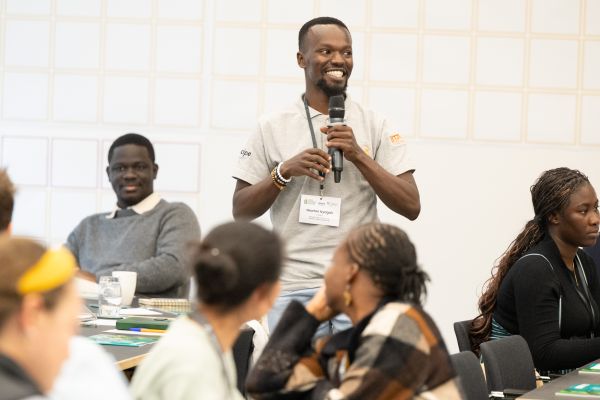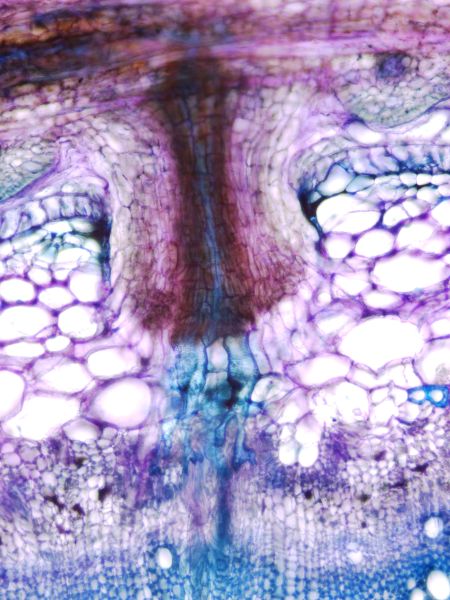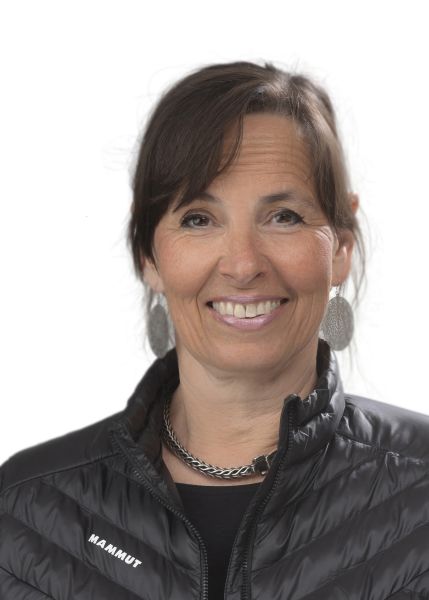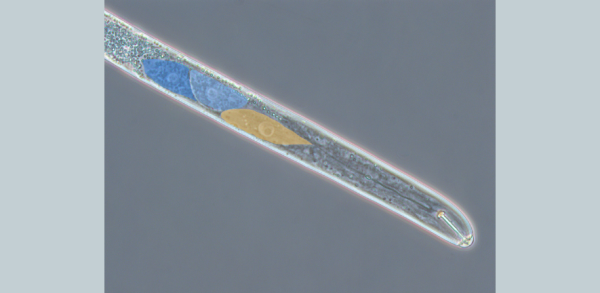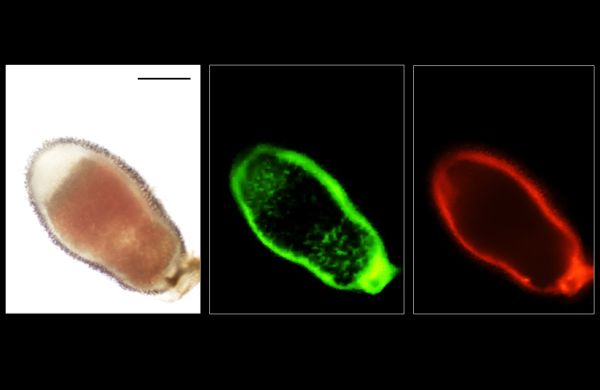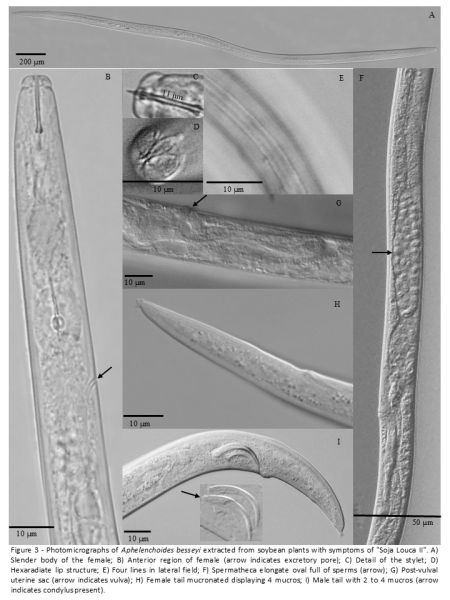The Enabling Nutrient Symbioses in Agriculture (ENSA) research project enters a new phase with the University of Cambridge and Aarhus University at the helm driving innovation for sustainable agriculture.
ENSA – an international research programme using symbiotic associations with nitrogen fixing bacteria and arbuscular mycorrhizal fungi to sustainably increase crop yields – will now operate under a dual directorship, with Professor Uta Paszkowski of the University of Cambridge named Administrative Director and Professor Simona Radutoiu of Aarhus University appointed as Scientific Director.
The new joint leadership places two world-leading scientific institutions at the forefront of efforts to revolutionize crop nutrition for smallholder farmers.
Since 2023 ENSA has been pushing the boundaries of agricultural science, focusing on the development of crops that require fewer inputs and thrive in some of the world’s most nutrient-depleted soils. This new leadership model highlights the power of international collaboration as it leverages pioneering science to create more sustainable and productive agricultural systems worldwide.
“By advancing research that bridges the gap in crop nutrition and lowers the reliance on costly agricultural inputs, ENSA is opening the possibility for a more affordable, equitable, and environmentally sustainable agrifood systems in the future,” said Professor Simona Radutoiu, whose research explores plant and microbe interactions fundamental to this vision.
The new dual directorship model is designed to strengthen both the scientific and organizational foundations of ENSA as it enters this pivotal phase.
“We look forward to continuing to build on the strong foundations that ENSA has already established and working towards our scientific and societal goals including on improving and expanding the use of beneficial microorganisms for the delivery of nutrients essential for sustainable crop production,” said Professor Uta Paszkowski, Acting Director of the Crop Science Centre and Head of the Cereal symbiosis group, who leads pioneering work on enhancing cereal crop nutrition through natural symbioses.
ENSA is funded by Gates Agricultural Innovations (Gates Ag One) – a subsidiary of the Gates Foundation that accelerates breakthrough agricultural research to meet the urgent and neglected needs of smallholder farmers in sub-Saharan Africa and South Asia.
Joe Cornelius, CEO of Gates Ag One, emphasized the importance of this investment. “The groundbreaking work of ENSA is fundamental to leveraging the latest crop technology to ensure all communities have the chance to thrive,” he said. “By partnering with leading institutions like Aarhus and Cambridge, we are accelerating the pace at which cutting-edge science reaches the hands of those who need it most.”
As ENSA moves forward under the joint stewardship of Aarhus University and the University of Cambridge, the project remains committed to developing practical, science-based solutions in continued collaboration with partners: University of Oxford, UK; NIAB, UK; Royal Holloway University of London, UK; Wageningen University and Research, The Netherlands; University of Freiburg, Germany; University of Toulouse III Paul Sabatier, France; University of Illinois, USA; Pennsylvania State University, USA, La Trobe University, Australia.
Image: Professor Simona Radutoiu (left) and Professor Uta Paszkowski (right), new co-Directors of ENSA. Photo credits: Professor Radutoiu by Helen Eriksen and Professor Paszkowski © University of Cambridge.
